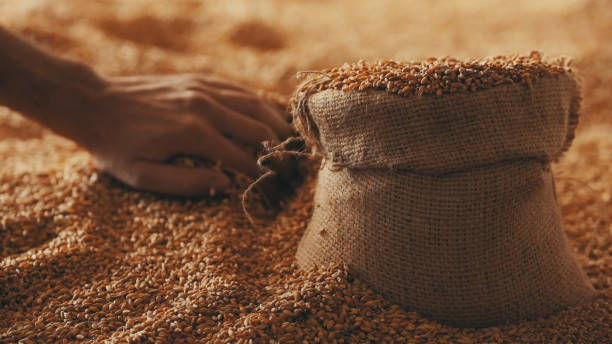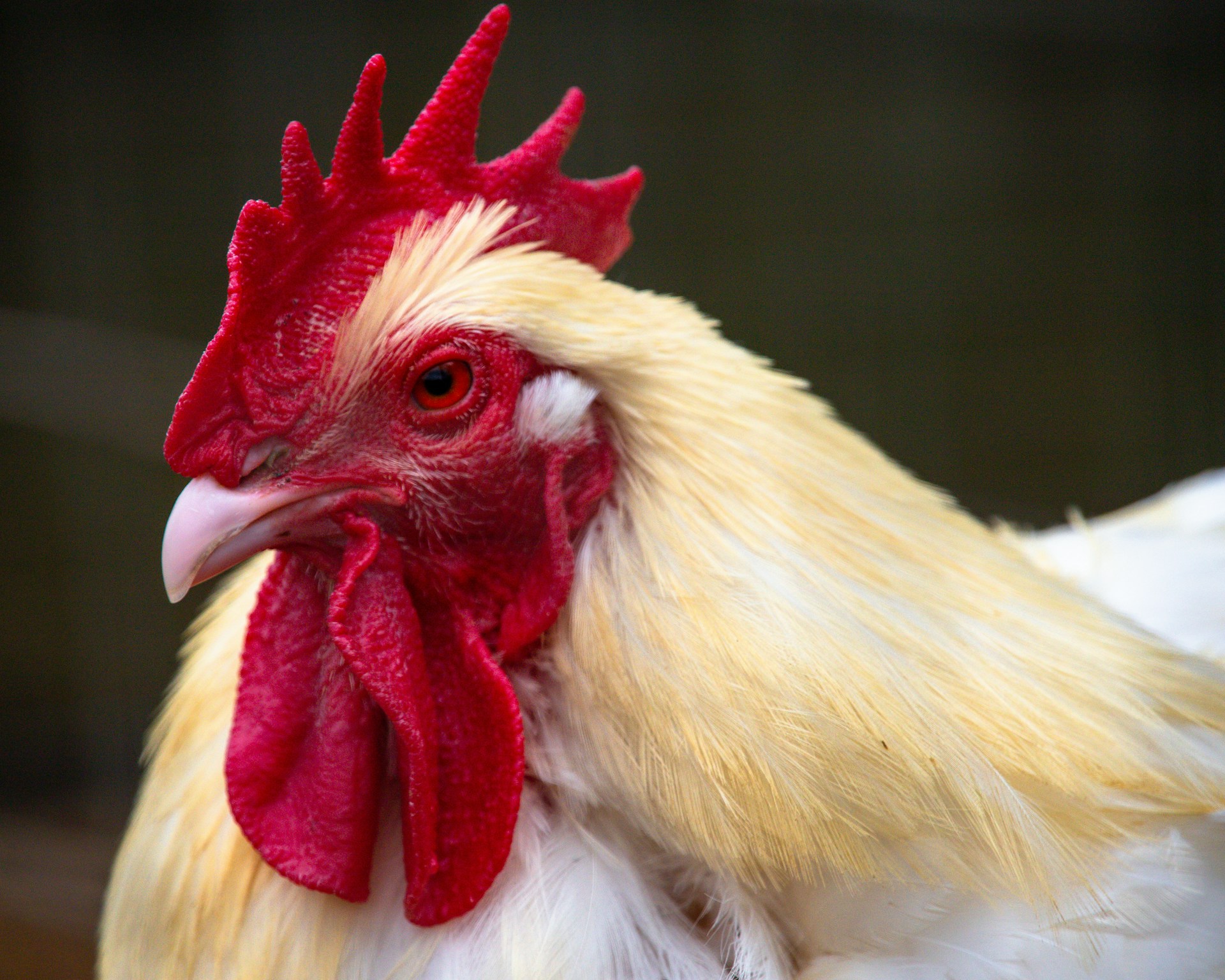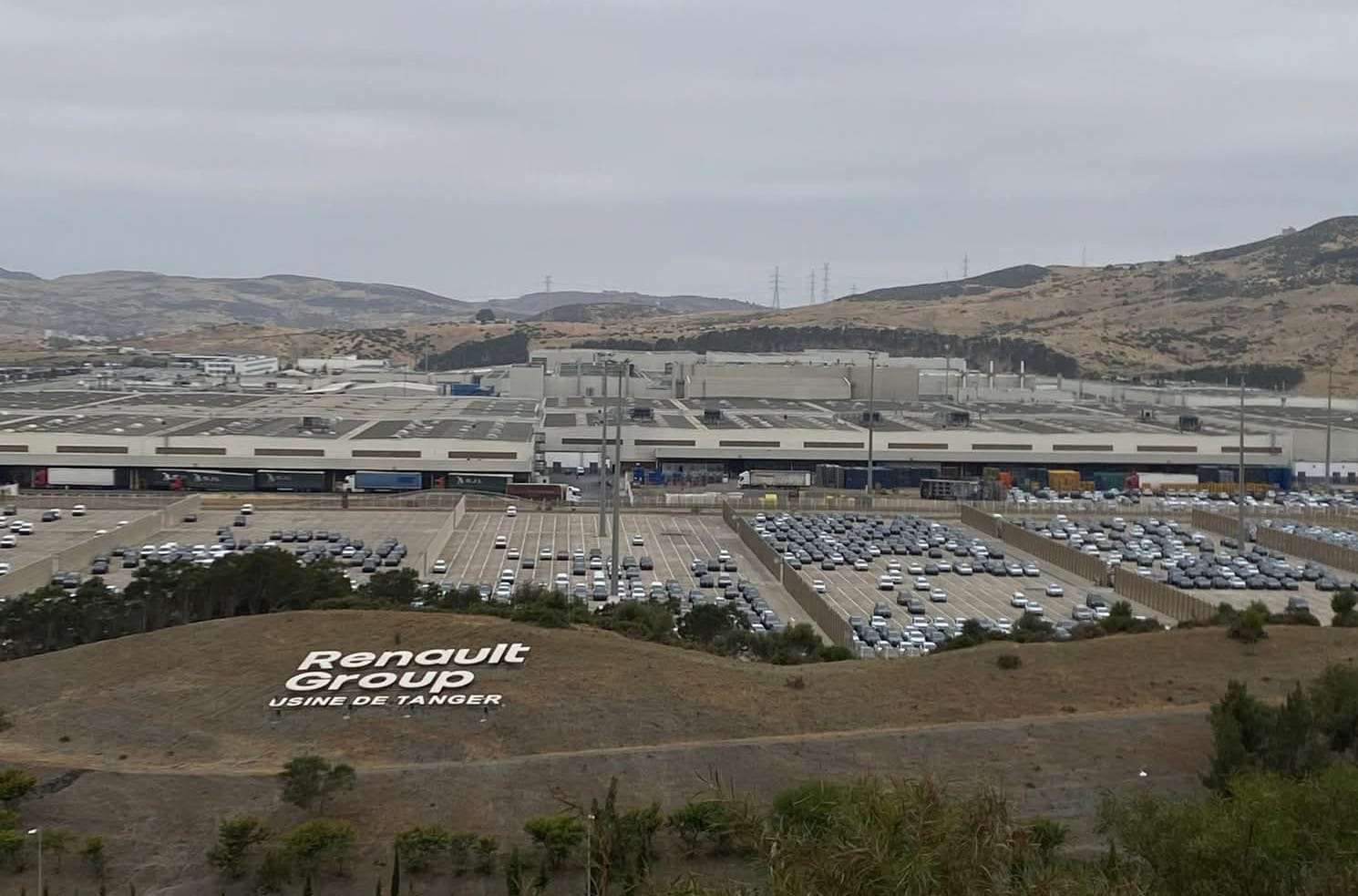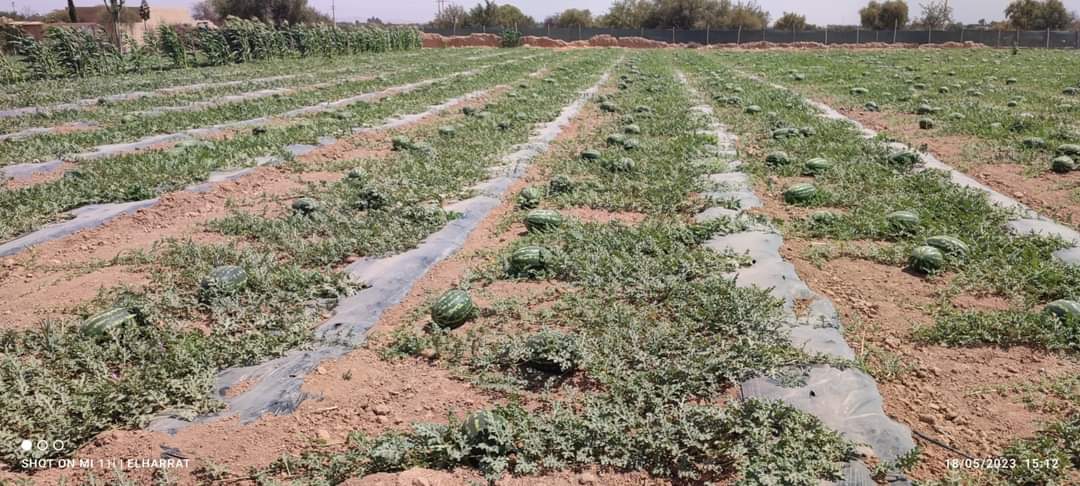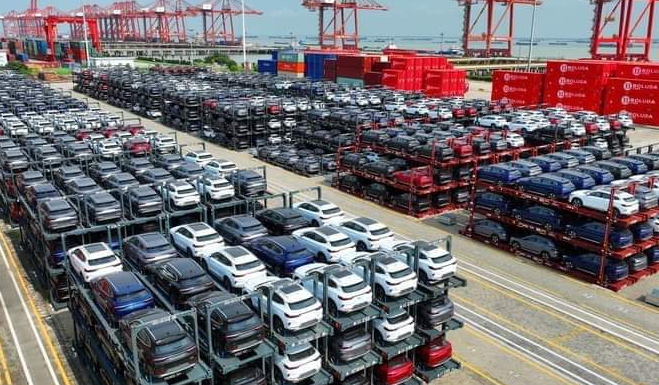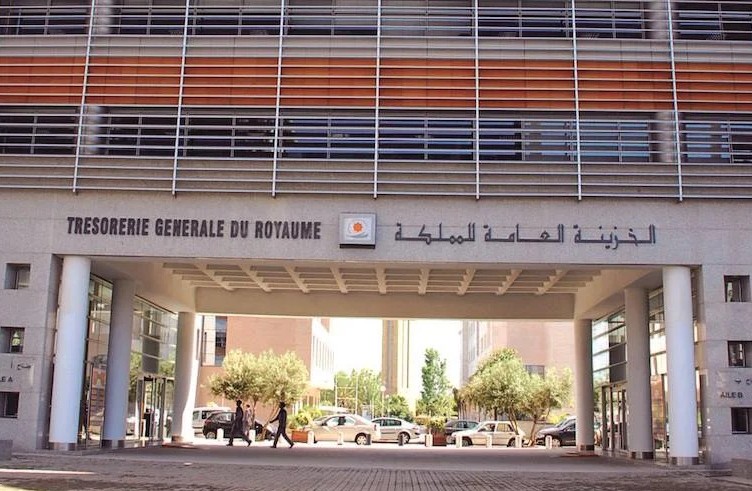Casablanca- Recent economic data has shed light on Morocco’s notable position as one of the largest importers of wheat from Russia, despite a significant downturn in Russia’s overall grain exports worldwide. Figures from the first third of December revealed that Morocco, continuing its trend, imported 31,000 tons of wheat, underscoring its significance in the global grain market.
The Kingdom’s consistent presence among the top importers of Russian wheat comes at a time when Russia’s total exports to countries around the world have experienced a notable decline of nearly 20% compared to the same period last year. This downturn, however, has not deterred Morocco’s appetite for Russian wheat, which has been facilitated by diplomatic engagements and competitive pricing strategies.
According to reports from the Russian agency “Interfax,” Moscow exported less than one million tons of major grain crops between December 1 and 10, 2023. Specifically, 937,500 tons of grain were exported during this period, marking a substantial decrease of 19.2% compared to the corresponding period in 2022. Notably, wheat shipments alone experienced a significant decline of 20%, totaling 840,960 tons.
The resurgence of Moroccan imports of Russian wheat follows a strategic offer made by Vladimir Baybakov, Moscow’s ambassador to Rabat, last September. Baybakov expressed Russia’s readiness to supply wheat to Morocco “at a reasonable price,” citing the importance of strengthening bilateral ties amidst evolving geopolitical circumstances and growing energy and food crises.
The diplomatic efforts have paid off as Morocco continues to show interest in diversifying its sources of wheat imports, with Russia emerging as a reliable partner in meeting the country’s grain needs. The Moroccan market’s demand for Russian wheat underscores the strategic importance of bilateral trade relations and the mutual benefits derived from such partnerships.
Notably, Russia and Morocco have maintained a symbiotic trade relationship, with each country purchasing sought-after goods from the other. While coal and oil products constitute a significant portion of Morocco’s imports from Russia, Russia, in turn, imports citrus fruits and fish from Morocco. This reciprocal trade dynamic highlights the complementary nature of their economic exchanges.
Looking ahead, Russia’s commitment to supplying the Moroccan market with wheat at competitive prices is expected to further strengthen bilateral ties and contribute to the stability of the global grain market. As Morocco navigates its wheat import strategy, its partnership with Russia is poised to play a pivotal role in meeting the country’s food security needs while ensuring economic stability in an ever-evolving global landscape.






